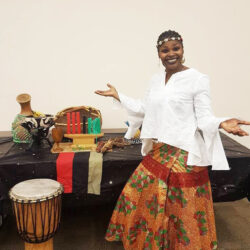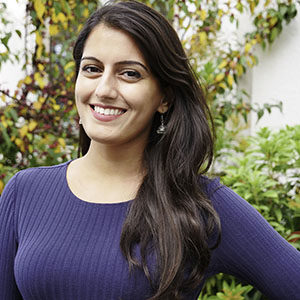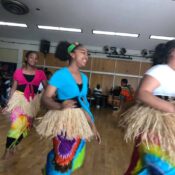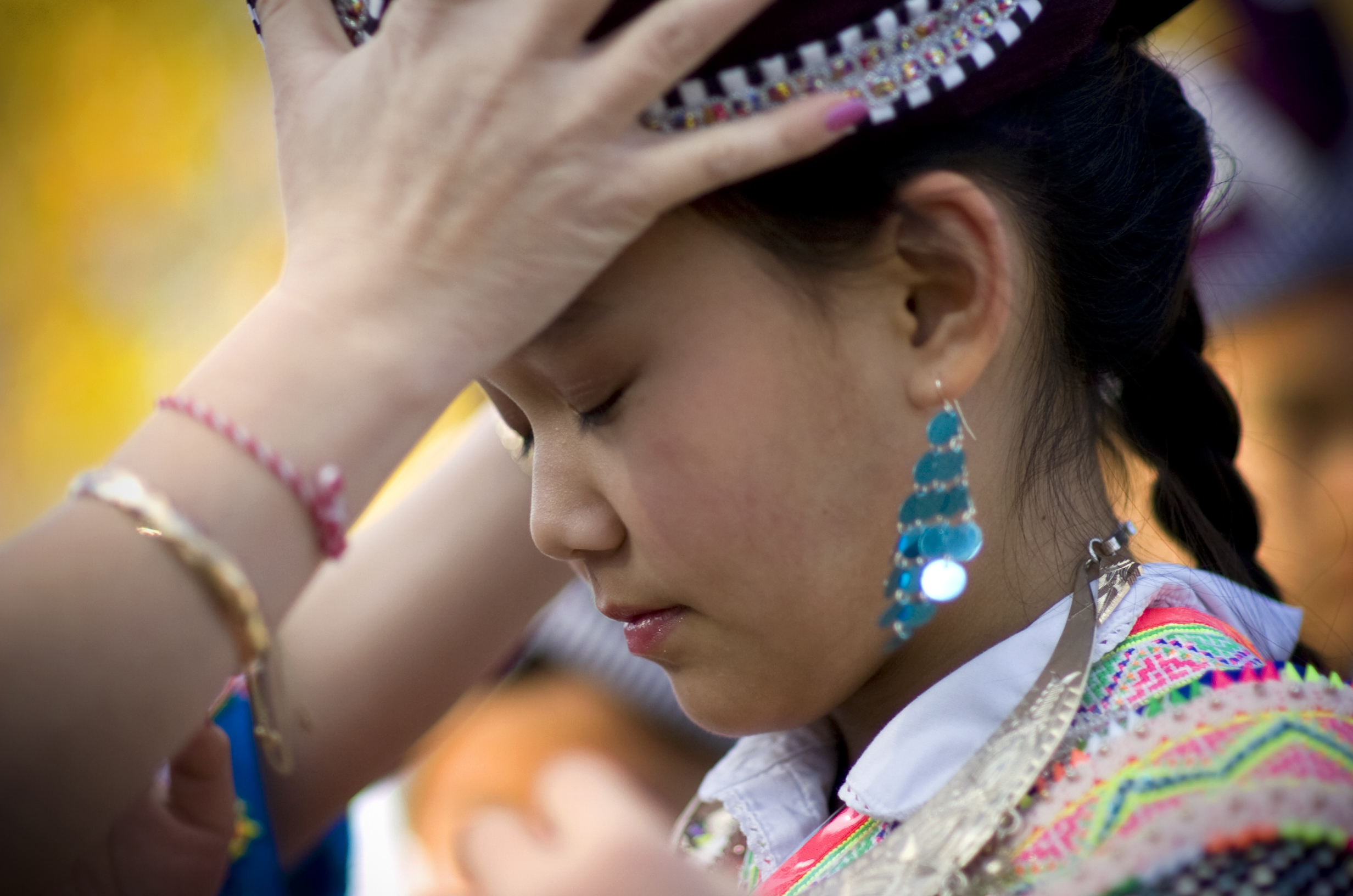COVID-19 has changed how the traditional arts unfold in communities where social distancing requirements are necessary to the health and safety of all. We spoke to Founder and Artistic Director of the Umoja Ensemble of the Inland Empire, Makeda Kumasi, about how the Living Cultures grantee organization applied their ACTA funding to help move their annual Doundounba Festival online in the summer of 2020.
Help support more creative adaptations by traditional artists across the state of California by making a gift to ACTA today!
How did COVID-19 change your organization’s plans this year? How did you adapt?

Due to COVID, our hosting venue closed down. UC Riverside (and all UC campuses) closed, moving all classes online. Because we were unable to have in person classes or campus events, we had to postpone the Inland Empire’s Ultimate Doundounba Festival. Our planning committee noticed that other events were moving to online formats, so we contacted our instructors and guests and began to reschedule the event. We decided to expand the festival over six weeks in the summer. This revision was accepted by UCR Department of Dance (who also provided fiscal sponsorship and technical support) With “We The People” Cultural Dance Center, we launched the “Saturday Class” schedule on Father’s Day (June 21, 2020) with a film by Youssouf Koumbassa, “Landouma Fare”, and community discussion with Dr. Katrina Hazzard-Donald.
What was the response of your community to these adaptations? How did the traditional arts help you as an individual and/or your community cope with the impact of COVID-19?
The community was very grateful that we hosted the festival online. A few expressed disappointment if they had other schedule conflicts with the 10 AM – 3 PM festival block. Yet most attendees returned week after week stating that it gave them hope, strength and a connection with the community. They enjoyed the ability to engage in the traditional art of West African Dance and Drum.
Even if they did not have an instrument or physical ailments that limited their movement, their spirits were uplifted by the sights and sounds of the Mandingo arts.
All participants proclaimed that Inland Empire’s Ultimate Doundounba Festival helped them cope with the isolation and social distancing we were forced into. One elder participant (60+) stated that she would not have been able to attend if it were not for the online format and that the festival was the highlight of her summer.
How did the Living Cultures grant contribute to your work?
The Umoja Ensemble of the Inland Empire was created as a group of community members vested in the education and promotion of African arts. The Living Cultures grant helped us establish a traditional community event (the Doundounba) that is accessible to all ages, ethnicities and social economic groups. The grant helped us bring guest instructors and performers to the Inland Empire, as well as gave our ensemble worldwide exposure. Furthermore, the Living Culture grant helped us connect with other entities in the community that have an interest in our mission to help restore, repair, and regenerate the physical, psychological and spiritual health of the populations we serve, through the preservation, practice, and presentation of African Arts and the principles of Kwanzaa.
ACTA has been a beacon of light in the dark for a multitude of traditional artists. The arts are already a difficult profession to pursue. A traditional artist and culture bearer understands the sacrifices involved with staying true to the elder and ancestral wisdom which is the foundation of all neo-works. It is absolutely essential that we maintain our foundations. A tree without roots will never bear fruit. Supporting ACTA is like supplying water to our roots. It is a little sip of livelihood to those brave traditional artists that will not compromise their culture. Folks should support ACTA because, ACTA is that system of irrigation that keeps Californian traditional arts alive! Asante Sana!

 Shweta Saraswat
Shweta Saraswat


